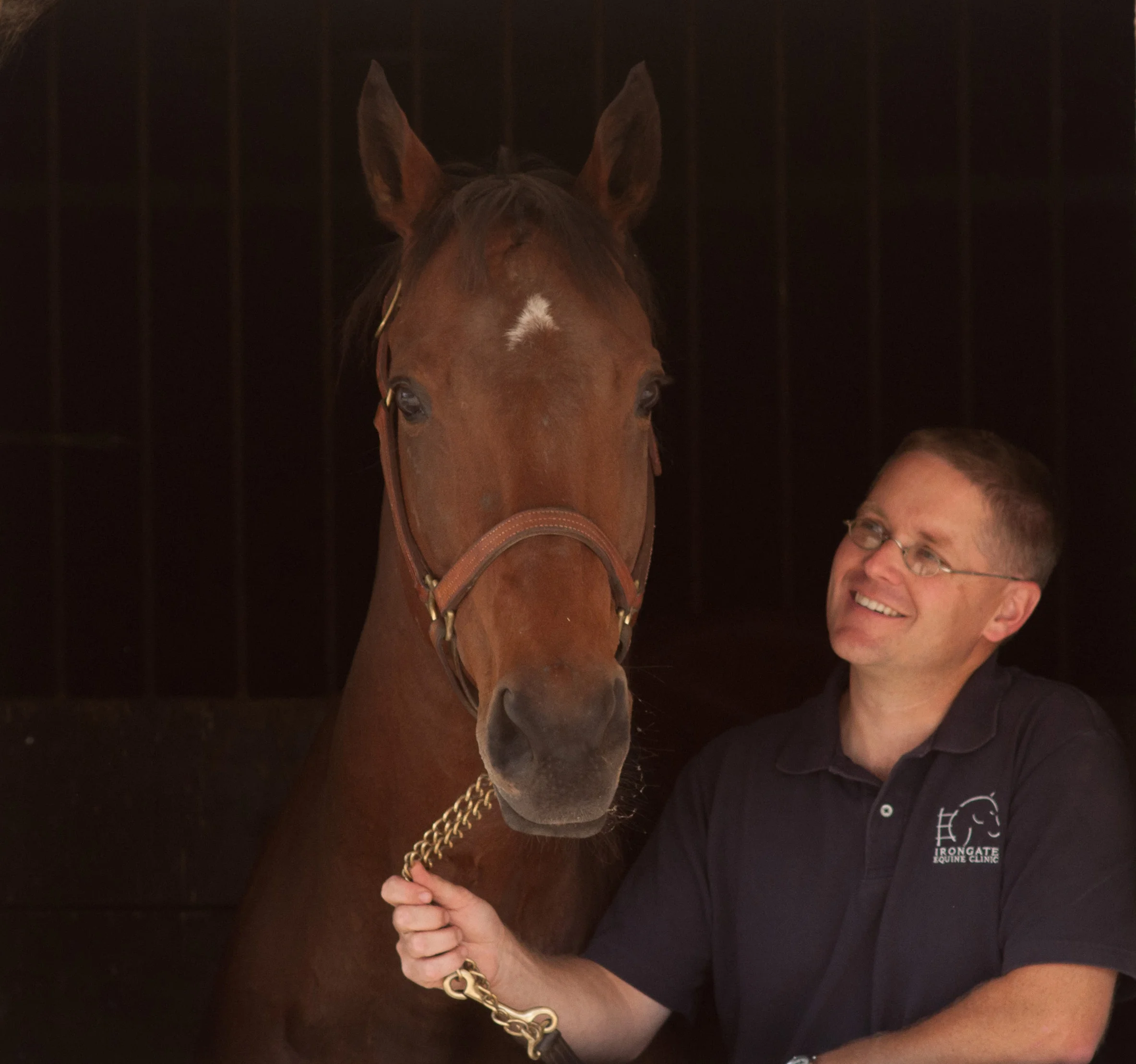Written By: Howard Ketover, DVM
Winter is hard on all of us, but it has a particular toll on senior members of our horse community. Many of our clients who already struggle with weight maintenance in their senior horse in the spring and summer are concerned about how to adapt their feeding plans for their horse in order to best equip them to get through the dramatic winter conditions of Wisconsin. Watch this short video to hear about the five things you need to think about. Remember that every horse is unique – you should consider your horse’s singular needs when thinking about his winter feed. If you’re still unsure of what to do, contact your veterinarian to discuss your horse’s needs. If you’d rather read than listen, scroll down to learn about feeding your horse in the winter.
Water – Access and Consumption in the Winter
As with feeding any horse in the winter, the first thing we need to think about is water. It’s imperative that your horse have access to a readily available, tepid water source. Water consumption will decrease as the temperature of water decreases. Your horse will want water in the 45° – 65°F range in order to maintain the required water consumption levels.
Maintaining Dental Health
Make sure that we don’t have any significant tooth abnormalities and that we don’t have any loose or fractured teeth that might need to come out. Dental health determines how well your horse can chew their food, which can greatly affect the quantity of food they take in, as well as the danger of choke that goes along with a horse that isn’t chewing properly. Bring your veterinarian out to assess your horse’s dental health as you head into winter.
Forage Alternatives
Feeding the microbes is important to all horses in winter. However, for senior horses, what type of forage they’re able to consume can be largely dependent on the status of their teeth. Many older horses are no longer able to consume as much hay as we would like because their teeth aren’t functioning properly, or because they’ve lost those teeth. We’ll want to get them a separate form of forage to continue feeding those microbes. Some people will use chopped hay, beet pulp, or some of the Purina products such as Hydration hay. All work very well, just make sure that they your horse has access to some sort of forage that they’re able to consume. The more forage we can get these horses, the warmer they’ll stay.
Concentrates for Seniors
There are other concentrates on the market that are hybrids between forages and concentrates. Senior products are designed to be fed as a sole source of nutrition for our senior horses, but you’ll often be feeding them between 8 – 15lbs a day. If you can get your horse to consume other sources of hay or forage, you might not need to use that much. They are fantastic sources of nutrition for our senior horses through the winter. There are other concentrates out there trying to add more fat and carbohydrates. You can use a product like a rice bran or oil to try to add those calories and keep your senior horse going through the winter.
Choke in Senior Horses
You do want to think about and be aware of pelleted products with your senior horse. These can be a little more difficult to swallow, as senior horses aren’t chewing as well. Sometimes we can see them partially chew those senior products and swallow them without a lot of saliva. This will create a consistency of peanut butter, which can cause some choking issues to develop. You can try to add some extra water to that senior or pelleted feed prior to feeding him (so long as you can prevent it from freezing before your horse finishes his meal!).
As you can see, adjusting your horse’s feed is always a fine line between causing them to eat too little or too much. Make sure to continue observing your horse as winter proceeds, and contact your veterinarian with any concerns.





















